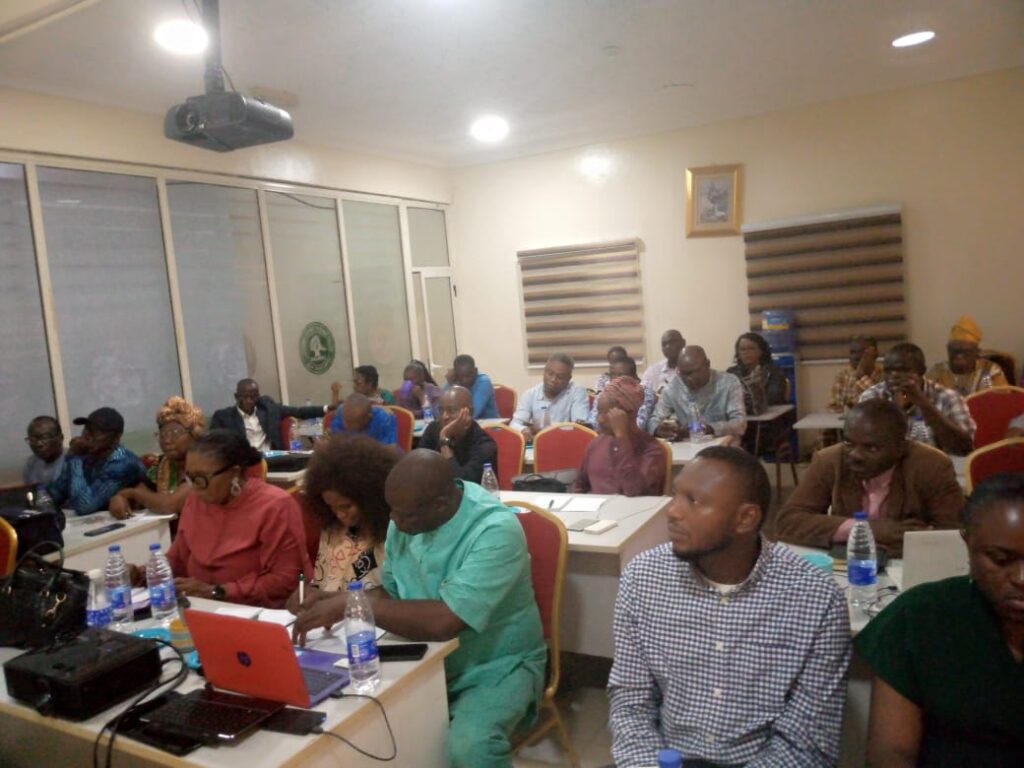* Journalists deserve better conditions of service to perform maximally and be ethical in their practice.
Last week, our Executive Director, Lekan Otufodunrin on various platforms shared five crucial questions on the conditions of service in media houses in the country which raised concerns about promotion and salary structure, non-remittance of deductions from workers’ salaries and freedom of staff to join media groups of their choice in the private sector.
The questions were as follows:
* Why do we dismiss demands for promotion and salary increases by our staff who have worked for years on the excuse that the private media is not civil service?
* Should workers who are not civil servants not expect promotions and salary increases after years in the same positions?
* Why do we report and write editorials about the government not meeting the demands of its workers when some media organizations are not paying the salaries and entitlements of their staff?
* Why do we deduct taxes and pensions from staff salaries and not remit to appropriate agencies?
* Why do some media organizations deny their staff their fundamental rights, including the freedom to belong to media unions or any associations?
While some private media houses may not be guilty of the issues raised in the questions, many are.
It is well known that many journalists in the private sector especially work for years without being promoted or earning salaries commensurate with their years of experience and educational qualifications on the excuse that promotion and increment of their staff salaries cannot be automatic as it is in the civil service.
While promotion and salary increments can be based on merit and outstanding performances, there should still be room for staff who are retained in service to have some steady career progression with commensurate salaries and other entitlements.
There are also instances where some media workers in the civil service don’t get promoted when due to salaries.
The situation where staff remain stagnated in the same position and pay for too long will not ensure maximum productivity either in the public or private sector.
It will be hypocritical of the media to constantly call on the government to meet the demands of its workers for better conditions of service, while their staff are not entitled to similar benefits. To delay or not pay commensurate staff salaries is a breach of the agreement by defaulting organisations.
The non-remittance of taxes and pensions deducted from staff salaries by some media houses is also not good enough considering the implications for the affected staff, especially when they get to the pensionable age.
Some veteran journalists today are unable to meet their financial obligations due to the failure of the companies they worked for to remit their deducted payments and other entitlements on which they should rely.
Media organisations who hold the government accountable should be accountable themselves on basic issues like payment of salaries and entitlement. If they cannot fulfil their obligations to their staff, they should own up to their true financial status to enable the staff to decide on the best option for them.
On the issue of banning staff from belonging to the Nigeria Union of Journalists (NUJ) or any other professional association, this is a case of denying them their fundamental human rights to associate with anyone or group guaranteed in the Constitution.
While concerned media houses may not approve of the activities of any group, the decision to be a member of such groups or not should be that of the staff and not the companies. Media houses cannot afford to be seen to be violating the rights of their staff when they are at the forefront of advocating for the rights of others.
It is enough to have a code of conduct for staff which can attract appropriate penalties, but not being free to join any legal organisation, especially a professional one is the height of high-handedness in a democratic dispensation.
Apart from those mentioned above, there are other issues which media owners and managers should prioritise to provide better working conditions for their staff than what presently obtains in many media houses.

